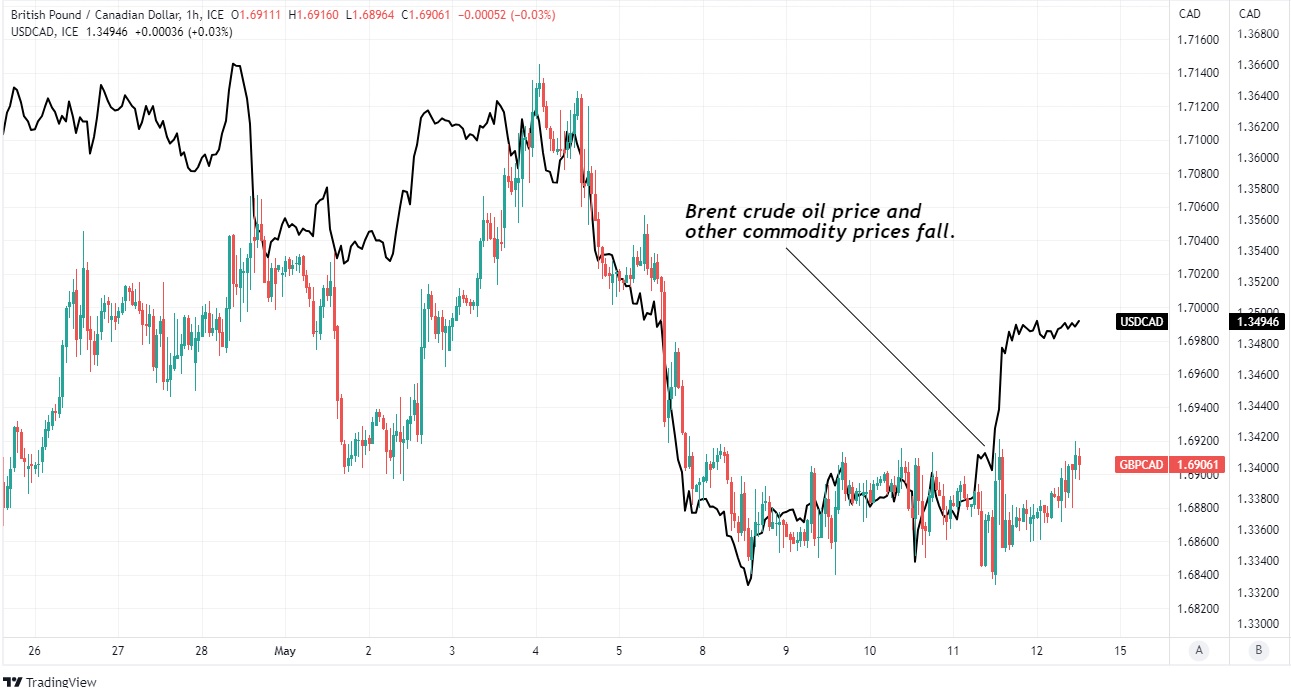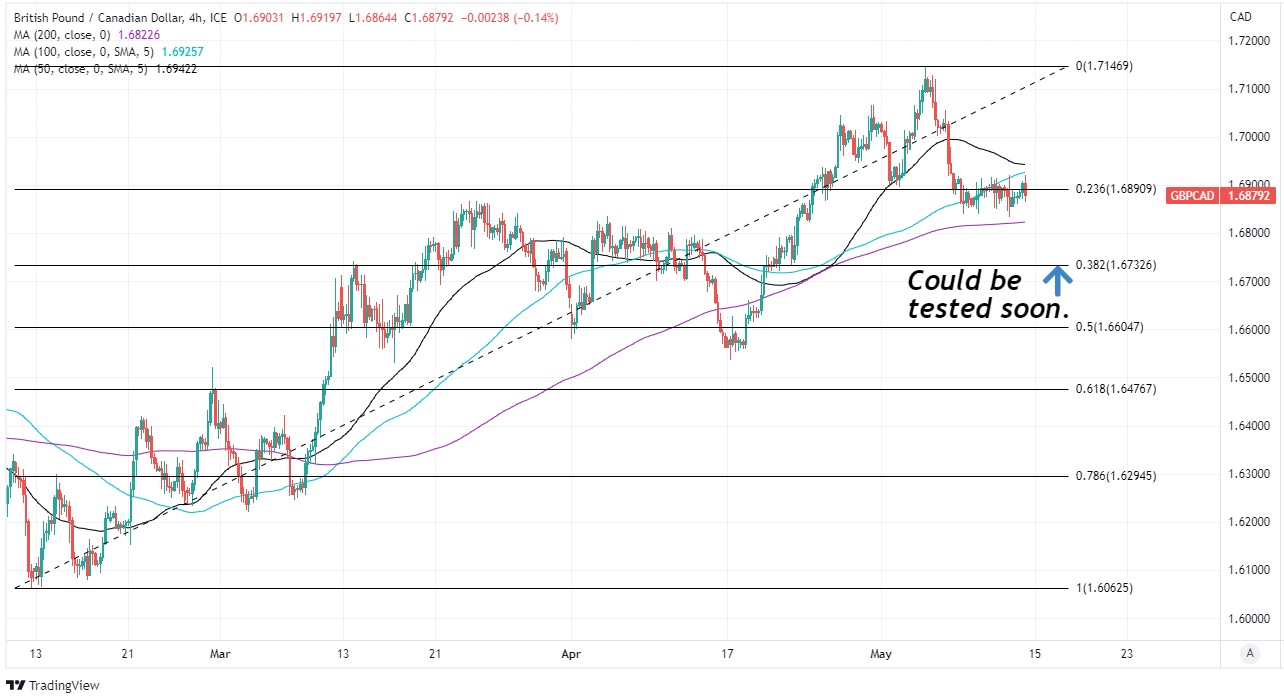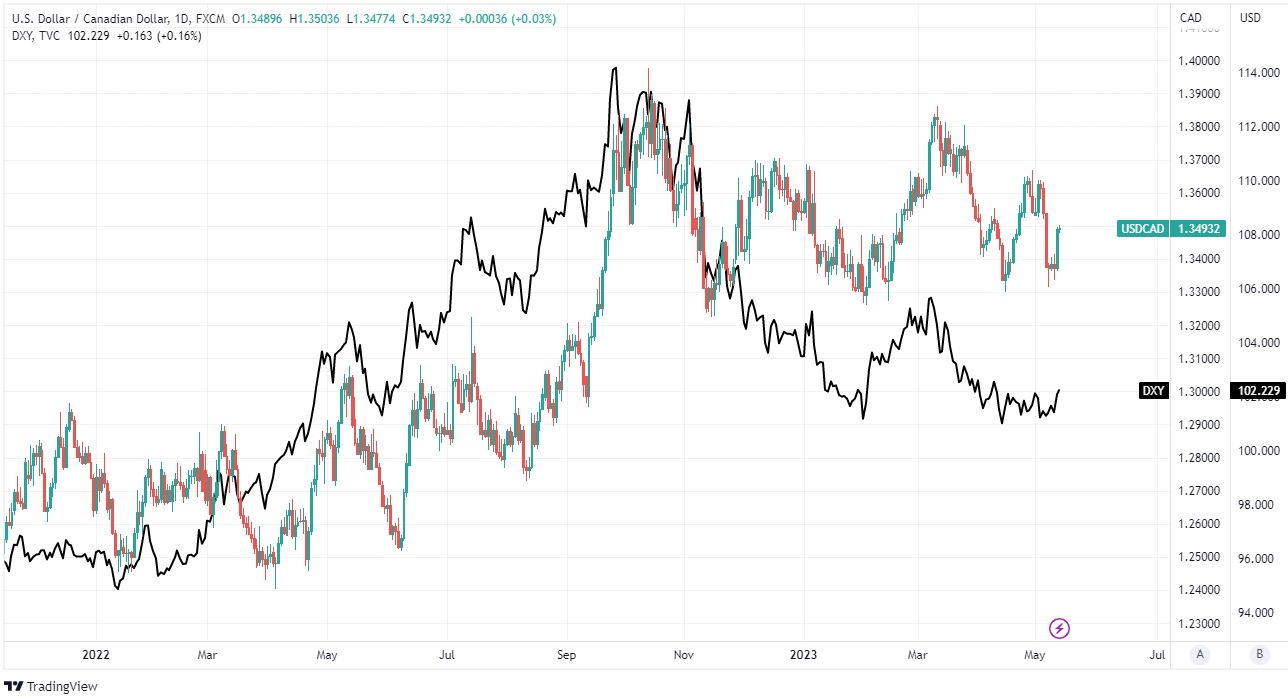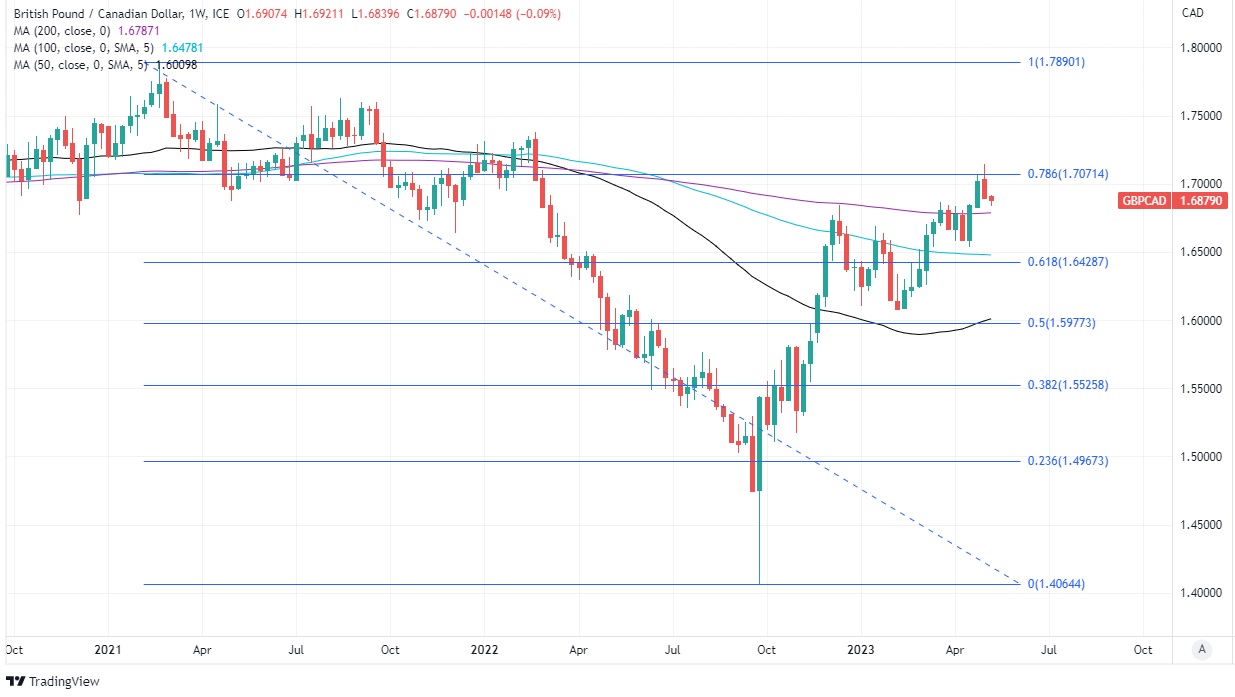 Last week’s final session saw the Pound to Canadian Dollar exchange rate staying close to the middle of a potential short-term range. The Canadian inflation data scheduled for next Wednesday may cause a shift toward either 1.67 or 1.72. During Friday’s trading session, the Canadian Dollar exchange rates had a varied performance due to the impact of decreasing commodity prices. Meanwhile, the Sterling currency had a strong showing against most major currencies on the interbank market, except for the Swedish Krona.
Last week’s final session saw the Pound to Canadian Dollar exchange rate staying close to the middle of a potential short-term range. The Canadian inflation data scheduled for next Wednesday may cause a shift toward either 1.67 or 1.72. During Friday’s trading session, the Canadian Dollar exchange rates had a varied performance due to the impact of decreasing commodity prices. Meanwhile, the Sterling currency had a strong showing against most major currencies on the interbank market, except for the Swedish Krona.
The Sterling and Canadian Dollar, along with Sweden’s Krona and the Norwegian Krone, experienced significant gains in early North American trade. The U.S. Dollar also saw gains, while other asset types had varying prices. In a markets commentary on Friday, Brad Bechtel, who is the global director of FX at Jefferies, stated that risk and risk appetite are being affected by concerns about regional banks, but there is some positivity in the news about the debt ceiling.
Earlier today, we obtained less concrete information from the United Kingdom subsequent to the MPC’s decision to increase rates by 25 basis points. According to him, the MPC expressed optimism about the economy, but due to the recent surge in GBP and its current levels, he believes it is reasonable to take profits. The UK economy reportedly shrank by 0.3% in March according to the Office for National Statistics. However, sterling performed well on Friday, which overshadowed the previous strong quarter and positioned the second quarter for success.
In her market commentary on Thursday, Elsa Lignos, who is the global director of FX strategy at RBC Capital Markets, notes that the economy is exceeding expectations, the labor market remains tight, and inflation is not decreasing as rapidly as anticipated. She states that they currently hold a tactical short position on GBP/USD in FX, with an entry at 1.2604, spot at 1.2620, stop at 1.2720, and target at 1.2350. The information that was made public on Friday came shortly after the Bank of England (BoE) made important improvements to their economic predictions for the upcoming year. This could imply that Bank Rate may increase beyond its current level of 4.5 percent to 4.7 percent in the near future.
So far, the Pound has been unsuccessful in gaining momentum against the Canadian Dollar, which has remained strong despite the recent rise of the U.S. Dollar, the strengthening of the Japanese Yen, and the fall of stock prices. The greenback has been lifted from earlier lows due to speculation about the health of some small and medium-sized U.S. institutions. As a result, GBP/CAD is currently trading in a mostly directionless range with a slight downside bias. The upcoming inflation report next Wednesday will have a significant impact on Bank of Canada’s monetary policy and on the movement of USD/CAD and other Canadian Dollar pairs in the following days.

The GBP/USD is currently above 1.2500 and seems to be performing better than the EUR, showing more resistance to the USD rally compared to other currencies. On Friday, Bechtel from Jefferies stated that the 50-day moving average at 1.2359 appears to be a target in the near future, but it could gradually decline to reach those levels instead of experiencing a sudden drop.
The Bank of Canada (BoC) forecasted in April that USD/CAD would probably be traded at approximately 1.35 during most of the current quarter. If the inflation reaches the 2% target by next Wednesday, there is a possibility that the exchange rate may increase. On the other hand, if inflation doesn’t reach the target, the exchange rate may decrease.

If deflation persists in Canada, it may lead to a possible cash rate reduction in the near future. This could also cause GBP/CAD to reach 1.72 if USD/CAD continues to increase. Nonetheless, a few analysts anticipate that BoC policy will cause a decline in USD/CAD in the upcoming months.According to Commerzbank FX analyst Elisabeth Andreae, the BoC increased its key rate by 25 basis points to 4.5% in January and was the first G-10 central bank to stop its interest rate hikes. The Bank of Canada (BoC) discussed a rate hike at its April meeting due to concerns over consistently high core inflation. “It emphasized its readiness for additional tightening repeatedly,” she adds.

According to the latest predictions by Andreae and colleagues at Commerzbank, USD/CAD is expected to trade at 1.34 this quarter and is likely to drop to 1.30 by the end of the year. Meanwhile, EUR/CAD is expected to remain stable at 1.48 during the same period.

If the predictions or strategies for GBP/USD by Jefferies’ Bechtel and RBC’s Lignos are correct, GBP/CAD is expected to decrease to 1.6689 next week. This currency pair typically mirrors the performance of the British Pound and Canadian Dollar against the U.S. Dollar. According to Alex Kuptsikevich, a senior market analyst at FxPro, the GBPUSD is expected to rise to the 1.30 area after a correction of the recent rally with a pullback to 1.2350. This is due to the Bank of England adopting more hawkish rhetoric than the Fed in the upcoming months.




